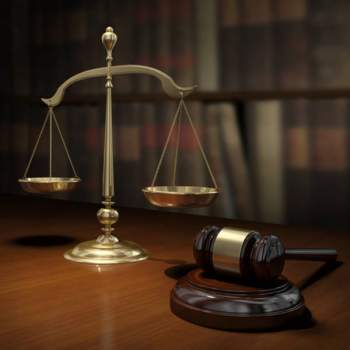
Maryland Guardianship Law

The Basics of Maryland Guardianship What is Guardianship Law? And why is it necessary to have a guardianship process and application? It’s a fact that some individuals are not capable of making their own decisions in society. And without a doubt a guardianship process and application are necessary. Here are a few examples: 1. Children 2. Mentally Disabled 3. Elderly Essentially anyone who isn’t ‘mentally’ capable. By Guardianship law, such individuals are called wards. Guardianship Law talks about the process to make it possible for those, who aren’t capable, to be represented well both legally and practically. Then there’s the question: “who is eligible for guardianship and who is not?” Who Can Be an Eligible Throughout the Guardianship Process and Application? Who is eligible for guardianship and who is not anyway? There are priorities to figure out who is eligible for guardianship and who is not: 1. Ward Designation 2. Blood Relatives 3. Any Other Individual With a Particular Interest It goes down that line, basically, when trying to figure out who is eligible for guardianship and who is not. Although in a court of law, when it comes to Maryland guardianship, sometimes an individual with a higher priority – such as a blood relative – might be passed over for another individual underneath – not a blood relative – if good cause is shown. That’s a major part of the guardianship process and application An example of figuring out who is eligible for guardianship and who is not will be a blood relative being a danger to a child, mentally disabled person, or an elderly person. A lot of times Maryland guardianship deals with those issues. The Process for Maryland Guardianship The first step when it comes to Guardianship Law is a petition must be filed with the circuit court in Maryland. Part of the guardianship process and application is that the circuit court has to be located in the county which the alleged ‘disabled’ person or child resides. A petition for Maryland guardianship will require these pieces of information: 1. The Petitioner’s Name 2. The Petitioner’s Address 3. The Petitioner’s Telephone Number 4. The Petitioner’s Date of Birth 5. The Petitioner’s Relationship to the Ward Obviously, with Guardianship law, these pieces of information should also be included in a petition: 1. The Ward’s Name 2. The Ward’s Address 3. The Ward’s Gender 4. The Ward’s Age Guardianship law requirements would also include verified certificates from two physicians when it involves a mentally disabled ward. Also a list of potential heirs for the ward in the event that the ward dies for any reason would be provided, especially if there’s no Last Will and Testament written it up. The name and address of the attorney representing a ward as well would be provided in the petition. After the Petition Is Filed…. Upon the filing of the petition, you’ll see the court signing an Order to respond in 20 days. The ward, the attorney (if available), and any other interested persons or agencies associated with the ward, will receive that Order. Once the response has been filed, a court date will be set up to hear the details of the guardianship case. All interested individuals will be present in the court. Typically, the judge decides on the petition; however, thanks to the Maryland Rules of Procedure, a jury trial is provided as a right unless waived. Legal Importance Guardianship is important. All the correct steps need to be taken simply because it involves a person who isn’t able to make any of the decisions. How else would that person survive? That’s the basis behind legal guardianship.



















